From billboards to rooftop and outdoor signage to indoor concert screens, big cities like Hong Kong are buzzing with energy, teeming with activity and charged with bright and colourful LED video displays. Not only highly bright at night, but the quality is sharp. For this, we have Hong Kong based Lighthouse Technologies to thank.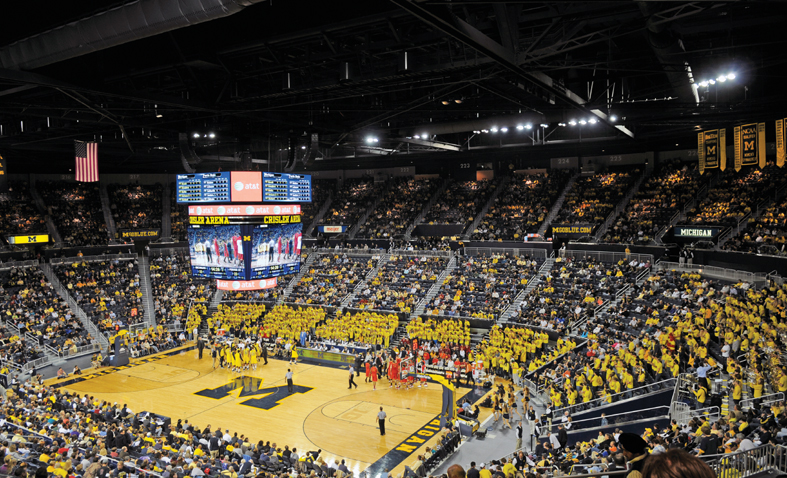
Located in Hong Kong Science Park, the firm makes modular LED video display screens for pop concerts or sports events. These solutions make a significant impact on the viewers and they connect with the audience whatever the message, the venue or the budget.
“Back in 1998 there were very few companies doing large LED video screens for outdoor events. With the ones that did, such as a very famous brand in Japan, their products were too bulky,” said Lighthouse Technologies co-founder and director, Jimmy Lo. With a physics and mathematics background but experience in the manufacturing industry, Lo teamed up with Austrian optical electronics specialist to form Lighthouse Technologies.
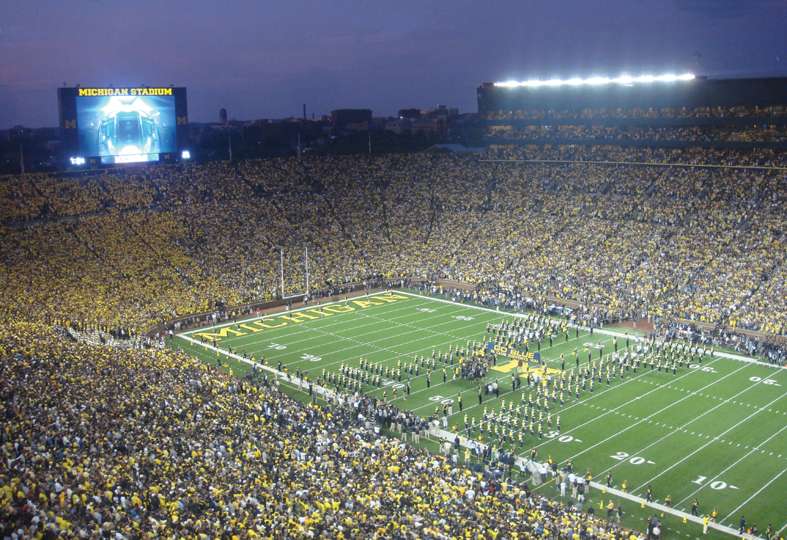 “After doing plenty of market research, my partner and I talked to suppliers, end-users and experts in the industry and realized that there was a market for this kind of technology. We were a small but focused team and we made the rental market our niche because nobody at the time was doing it. Even if you lease the products out for free, if it’s not good quality, the screen will be of no use. Therefore it was both the technology and the market that helped us succeed.”
“After doing plenty of market research, my partner and I talked to suppliers, end-users and experts in the industry and realized that there was a market for this kind of technology. We were a small but focused team and we made the rental market our niche because nobody at the time was doing it. Even if you lease the products out for free, if it’s not good quality, the screen will be of no use. Therefore it was both the technology and the market that helped us succeed.”
Lighthouse Technologies was founded in 1998 and is now a global leader in LED video technology that develops, manufactures and markets LED screen solutions for multiple indoor and outdoor applications across the globe.
“Each screen is made from many light meter-square panels put together,” Lo explains. “When you look at the panel, the distance between the two points between the LED lights is 4 mm. This is called the pitch and the trend is that the distance is getting closer for big screens. Before it was 8-10 mm and now we’re doing 4mm pitches. Large-sized screens are looking sharper than before.”
The director says that their enhanced jumbo screen quality coupled with their easily transportable technology was exactly what was missing in the market 15 years ago. Thinking back to the 1997 Hong Kong handover ceremony, Lo says, “I remember it rained that day and there were two outdoor screens using old technological machinery that was flown in from London by aircraft for this event. I remember thinking, if there was an easier way to setup; it would save event companies plenty of time and money.”
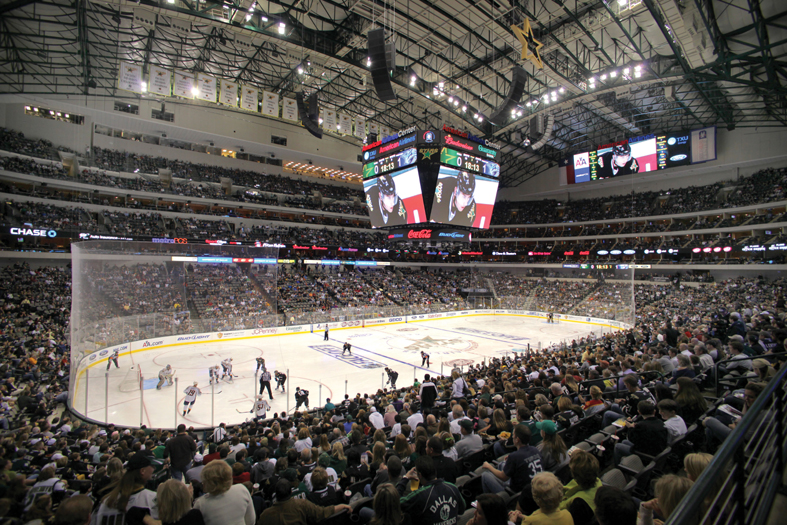 For Lo, Hong Kong is an ideal place to start a business. “Back in the 80s there were many places that were manufacturing hubs like the Philippines and Vietnam but we picked Hong Kong mainly because it was at China’s doorstep,” he says.
For Lo, Hong Kong is an ideal place to start a business. “Back in the 80s there were many places that were manufacturing hubs like the Philippines and Vietnam but we picked Hong Kong mainly because it was at China’s doorstep,” he says.
“Our product is more technology orientated. It’s not like making toys. We therefore needed engineers to work in our factories and there was a good supply in China. Hong Kong also has the added advantage of being so geographically central which is important to our global trade. The widespread of English speakers in Hong Kong was also a plus especially because our products are exported to English-speaking countries like Europe, America, Japan and Australia.”
Lo, however, feels that Hong Kong’s pool of experts in this industry was on the shallower side. “At the time, there was a lack of technology-specific graduates here in Hong Kong,” he says. “But now university courses offer optical electronics and signal processing as modules to study so we’re seeing an increase.”
In 1999, Lighthouse Technologies was the first in the world to introduce the 8-bit high resolution 10mm indoor product. In 2001, Lighthouse Technologies were then the first to introduce the world’s first indoor/outdoor high resolution LED display solution. The firm has also garnered a host of accolades including a technological achievement certificate of merit in theHong Kongawards industry in 2003, Best-in show at InfoComm, winner of the “Red Herring 100 Global” award in 2007 and the outstanding foreign-invested enterprise award in 2011.
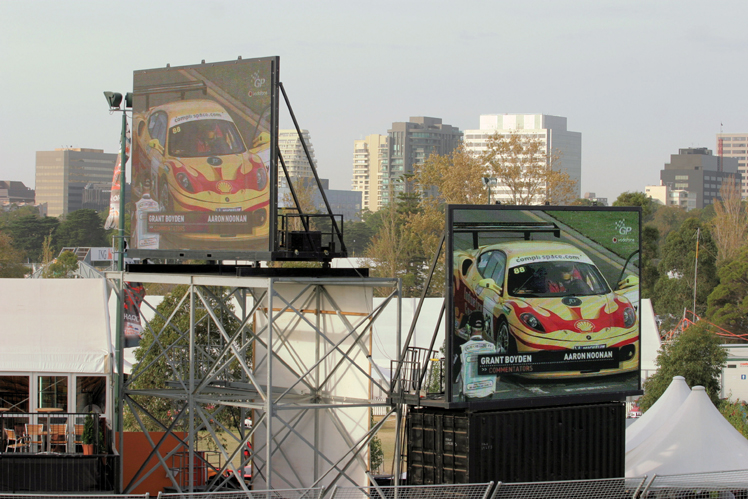 The firm also boasts a star-studded clientele. The first event management company that they sold to was hosting Shania Twain’s North America tour. “Our product went on tour with her and got great exposure,” Lo says. Lighthouse Technologies screens were also used at Madonna and Celine Dion’s concerts. The firm was also represented at a very famous Germany-based car brand’s 100th anniversary car exhibition in 2000 and in high-end stores in Shanghai. In Hong Kong, the largest screen Lighthouse Technologies has built is located outside the Chung King Mansion in Tsim Sha Tsui. Casinos in Macau also host their technology.
The firm also boasts a star-studded clientele. The first event management company that they sold to was hosting Shania Twain’s North America tour. “Our product went on tour with her and got great exposure,” Lo says. Lighthouse Technologies screens were also used at Madonna and Celine Dion’s concerts. The firm was also represented at a very famous Germany-based car brand’s 100th anniversary car exhibition in 2000 and in high-end stores in Shanghai. In Hong Kong, the largest screen Lighthouse Technologies has built is located outside the Chung King Mansion in Tsim Sha Tsui. Casinos in Macau also host their technology.
“There’s a big market for sporting events as well as entertainment. We sell to big stadiums that are looking to build an international centre. Lighthouse Technologies screens were used at the Formula 1 Grand Prix in Melbourne in 1999 as well. In Japan, we helped put together the second biggest LED screen in the world. It is 5-storeys high,” Lo says. “We have the know-how and technology to install state-of-the-art systems as we’ve already established ourselves in the US market with NBA-approved basketball stadium screens.”
When asked whether he thinks the China market poses as competition to his manufacturing Lo responded, “It’s not a problem at all. We focus on high-end quality goods unlike most of the factories in China.”
Lo sees the future of LED video display technology moving towards high definition that’s four times higher than today, outdoor advertising such as rooftop signs and 3D screens. In fact, Lighthouse Technologies has already dabbled in the 3D market, selling their screens to Japan to live cast the world cup in 2010.
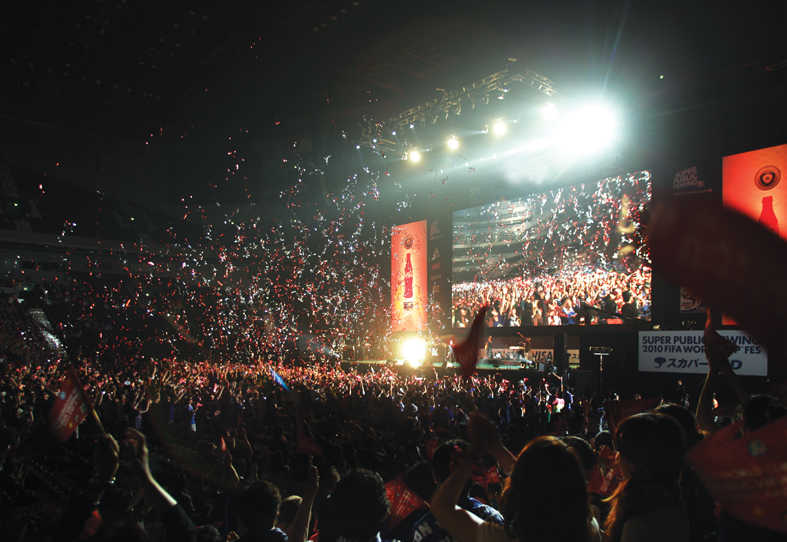 To the architects and developers who are starting out in this field, the director advises, “Begin by talking to many consultants, developers and experts in the field but most importantly, stay focused and find a niche.” He also adds the importance of ensuring that all products are UL or FCC approved to ensure that fires don’t break out, referring to a fire incident in Hong Kong’s North Point district in April. “LEDs are electrical products so safety standards have to be adhered to,” Lo says. Lighthouse Technologies reiterated that the fire at Hong Kong Harbour Grand Hotel, which was attributed to a possible short circuit in an LED screen close to the roof, was not caused by Lighthouse’s screen.
To the architects and developers who are starting out in this field, the director advises, “Begin by talking to many consultants, developers and experts in the field but most importantly, stay focused and find a niche.” He also adds the importance of ensuring that all products are UL or FCC approved to ensure that fires don’t break out, referring to a fire incident in Hong Kong’s North Point district in April. “LEDs are electrical products so safety standards have to be adhered to,” Lo says. Lighthouse Technologies reiterated that the fire at Hong Kong Harbour Grand Hotel, which was attributed to a possible short circuit in an LED screen close to the roof, was not caused by Lighthouse’s screen.
As for the future of Lighthouse Technologies, Lo says they are extremely excited about their new project in South America. “We are supplying to the World Cup organisers there and will be shipping our product after the summer.” Lighthouse Technologies are also looking to expand by carrying out system integration and offering solutions in addition to supplying high quality LED video display screens.
“We want to be able to provide one big installation. For example with sports stadiums that are looking for screens and a system for timing and scoring, we hope to be their first call. We want to be part of the whole process and offer the best solution. That’s the way forward for us.”













